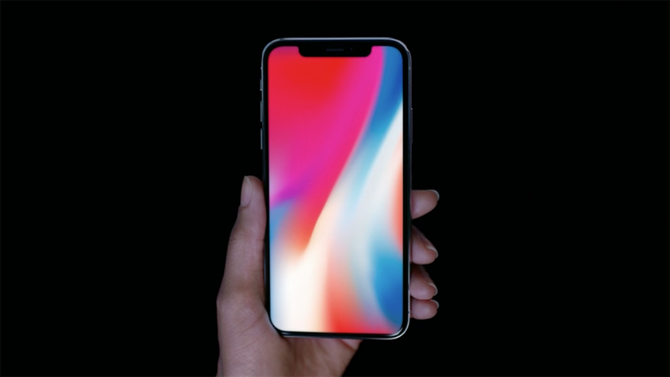The inability to look away from a smartphone screen has become the latest go-to example of how the world is slowly degrading to a state where no one wants to look at another human being or feel the warmth of sunlight on their skin. It's as heavily politicised a factoid as crime rates and tuition costs, yet it may not hold much water beyond sounding vaguely plausible.
The inability to look away from a smartphone screen has become the latest go-to example of how the world is slowly degrading to a state where no one wants to look at another human being or feel the warmth of sunlight on their skin. It's as heavily politicised a factoid as crime rates and tuition costs, yet it may not hold much water beyond sounding vaguely plausible.
Most everyone reading this either has access to a smart device or uses technology to communicate with people in their close circle of friends, family or even something as distant as work associates. Children have adopted even faster than many adults, with as many as three quarters of children owning a cell phone that is used for keeping in touch with their peers through a combination of calls, texts and social media.
Though easy to demonise as a layer of impersonal interaction that removes important facial and physical cues from a conversation, our human craving for socialisation is less a sign of wanting to remove ourselves from society and rather the total opposite. Many of our modern urges stem from ages-old evolutionary stages humans went through in our slow development towards our current stage; For example, the urge to over-eat sugary and fattening foods are holdovers from when calorie-dense nutrition was few and far between, leading us towards indulging and storing up on energy for difficult times.
Socialisation has slightly more nuanced effects on a person's psychology but its importance is no less profound. A more easily digested breakdown of the Frontiers-published paper puts it simply: Smartphones are just another tool with which we tap into the realm of socialisation. Though there are still dangers to consider in certain cases, the overall aim of over-socialisation seems to be a simple need to belong and feel valued in society.
When over-indulgence peaks, negative effects begin to manifest in ways that only technology can provide. A constant attention to social media leads to a bombardment of hand-picked highlights from other people's lives, which can lead to feeling as if one's own life pales in comparison. Facebook use and symptoms of depression go hand in hand in a psychological effect colloquially known as a “highlight reel” which can lead to unhealthy parallels being drawn between social media users.
Rather than demonise the method, it is far more important to take steps to reduce the risk of overexposure and minimise the negative effects that come with the rapid technological advancements we currently live with. Disconnecting from the world is far more harmful than simply reducing social media use when it becomes a depressing factor, utilising reverse phone lookup technology to ensure we socialise with people who present themselves as who they truly are and to keep in mind that our digital life rarely matches up to the realities of our daily existence.
In short, smartphone technology and a growing ease of access to social media is bridging gaps across distances and age gaps in ways that are difficult to overstate. Finding reasons to socialise more frequently are a net positive that shows humans are predisposed towards finding new ways to solidify our connections with fellow humans. Blaming Facebook for wanting to spend more time talking to our friends is less a sign of the downfall of civilisation and more a sign that we're trending towards more culturally positive ways to spend our time.
 KitGuru KitGuru.net – Tech News | Hardware News | Hardware Reviews | IOS | Mobile | Gaming | Graphics Cards
KitGuru KitGuru.net – Tech News | Hardware News | Hardware Reviews | IOS | Mobile | Gaming | Graphics Cards



